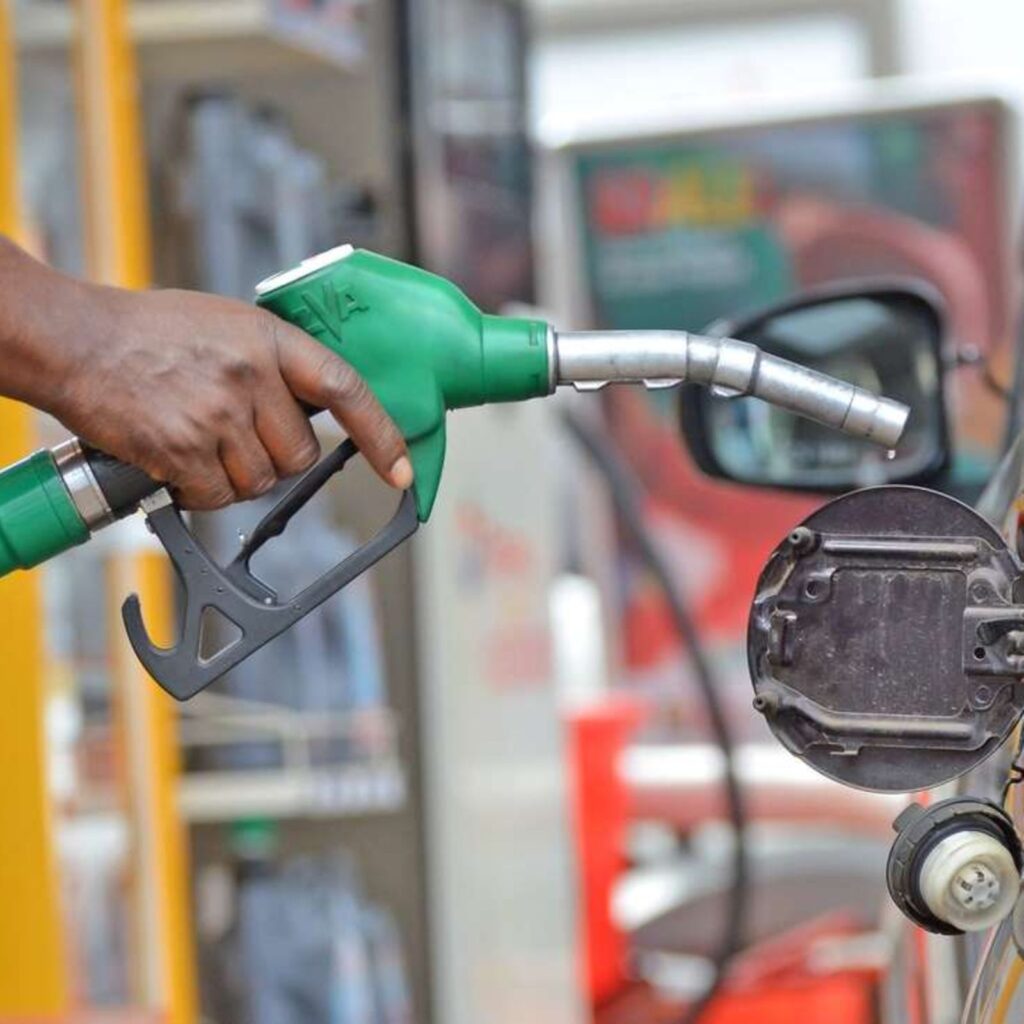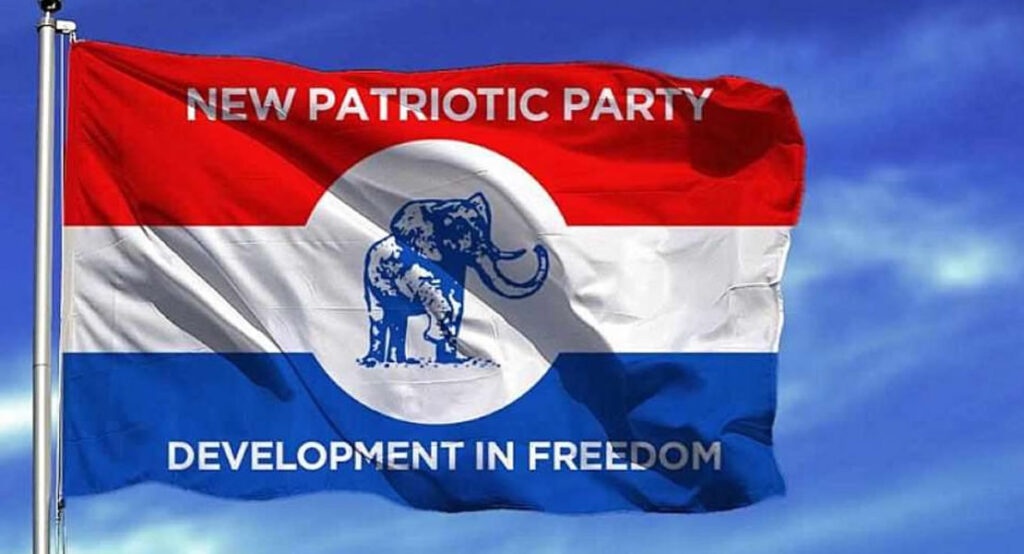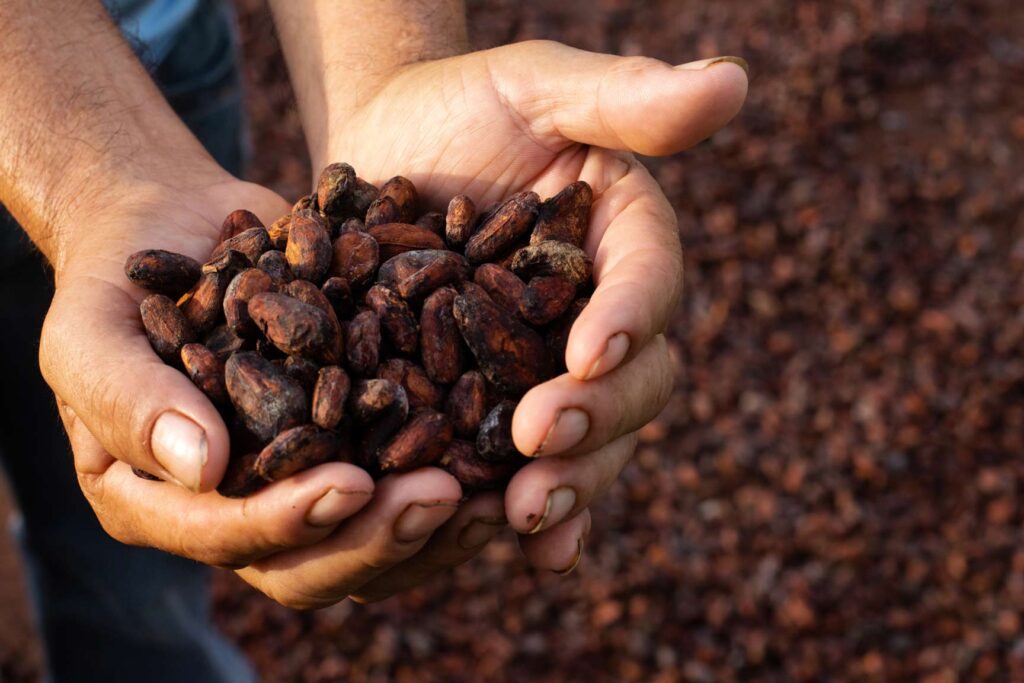Ghanaians can expect a major reduction in fuel prices at the pumps beginning November 1, 2025, according to the latest outlook report from the Chamber of Oil Marketing Companies (COMAC), which guides pricing decisions for oil marketers nationwide.

Projected Reductions
Petrol: Expected to fall by up to 5.21%, bringing pump prices down to around GH¢12.92 per liter, from the previous GH¢13.93.
Diesel: Likely to decrease between 6.03% and 8.13%, reducing the litre price to approximately GH¢13.10 from GH¢14.56.
Liquefied Petroleum Gas (LPG): Could drop by as much as 6.66%, lowering prices to about GH¢13.60 per kilogram.
If implemented across all 200-plus oil marketing companies, this would represent the largest fuel price reduction in Ghana in 2025 — a rare occurrence, as petroleum products seldom experience such significant drops within a single pricing window.
Some companies are expected to roll out the new prices as early as this weekend, while others may wait to exhaust existing stock or recalibrate their pumps, introducing the cuts later next week.
Why Prices Are Falling
COMAC attributes the projected reductions to declining global crude oil prices and the cedi’s strong appreciation in October.
The cedi strengthened from GH¢12.63 to GH¢11.21 per dollar during the October 16 pricing window — an 11.22% gain, nearly offsetting the 13.33% depreciation recorded in the third quarter of the year. Analysts credit the rebound to the Bank of Ghana’s shift to spot forex sales, which has improved market efficiency and dollar liquidity.
Meanwhile, international crude oil prices fell to a five-month low of $62.82 per barrel, a 6.49% decline driven by escalating US-China trade tensions and fears of a potential supply glut later in the year.
Prices of refined petroleum products also dropped, with petrol, diesel, and LPG down 3.30%, 2.48%, and 2.35%, respectively.
Market Implications
The reductions are expected to ease transport costs and potentially halt ongoing discussions by driver unions about fare increases. Economists also anticipate that lower fuel prices could help curb inflation, as reduced transportation costs often lead to lower prices for food, goods, and services — ultimately easing the cost of living for consumers.






No comment yet, add your voice below!